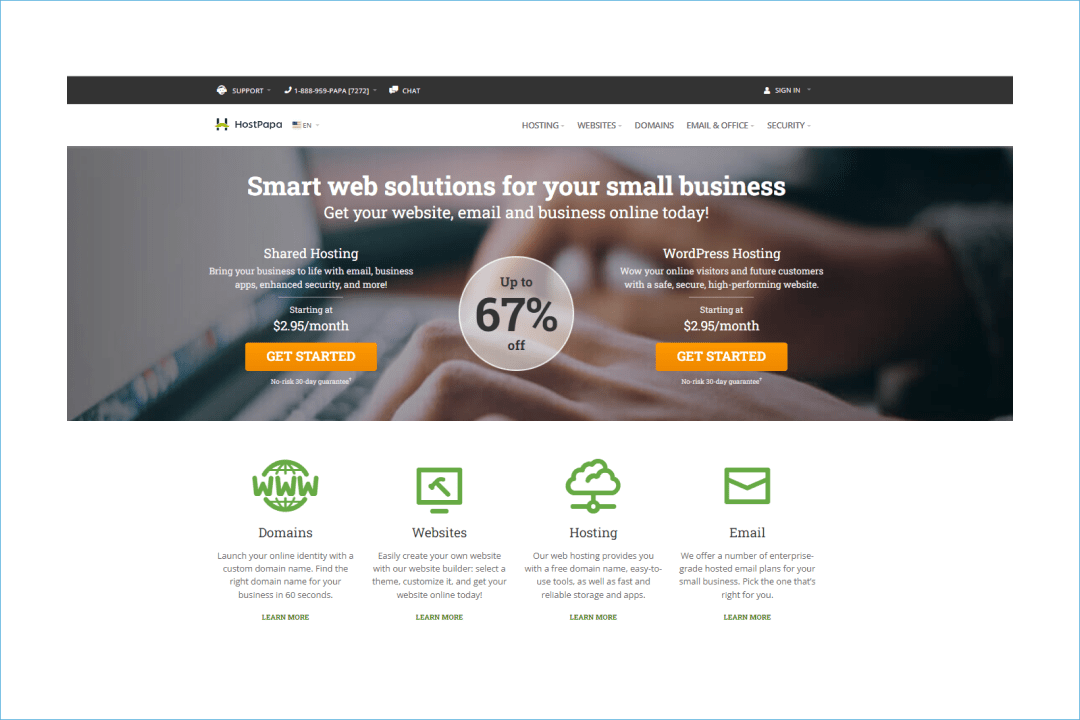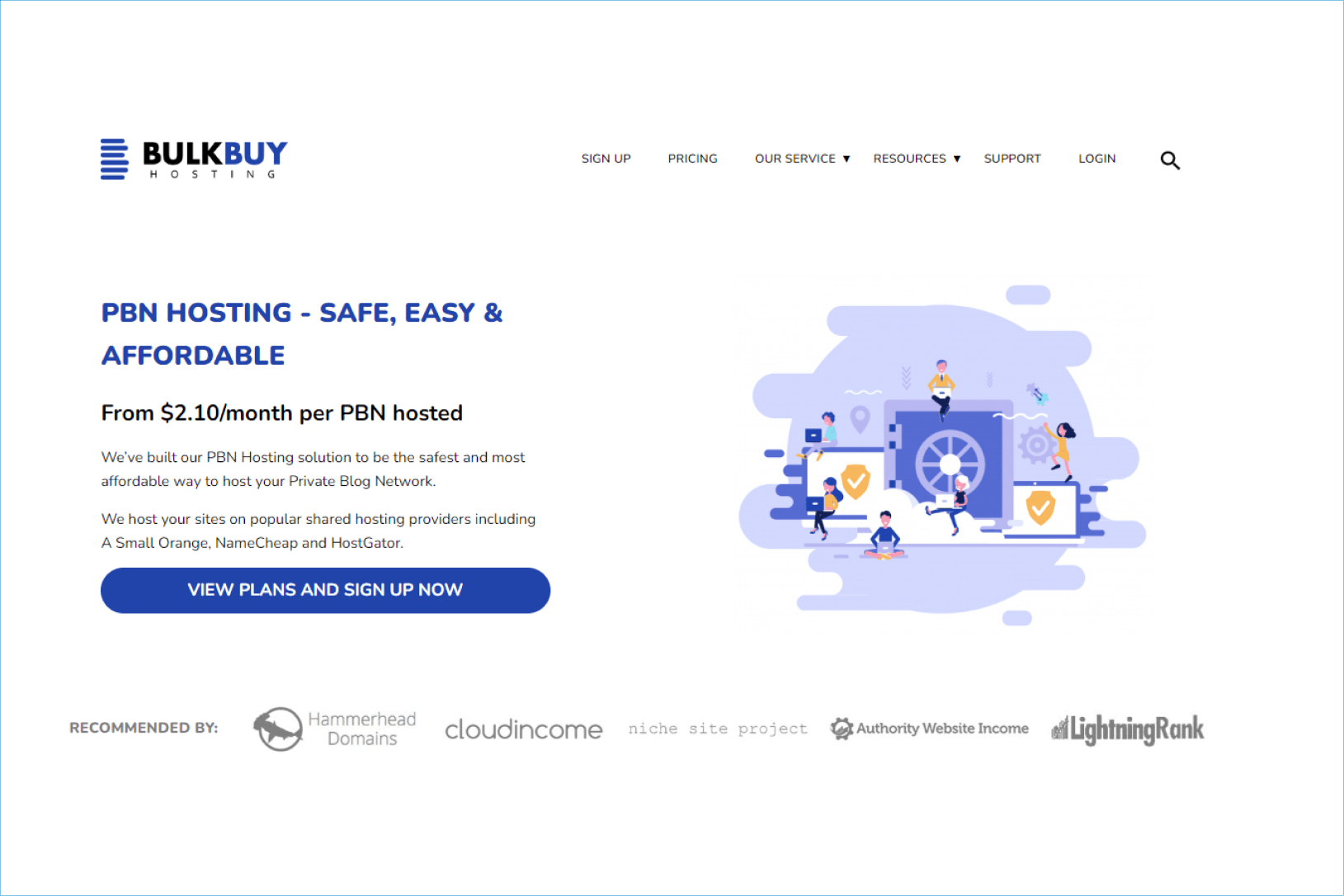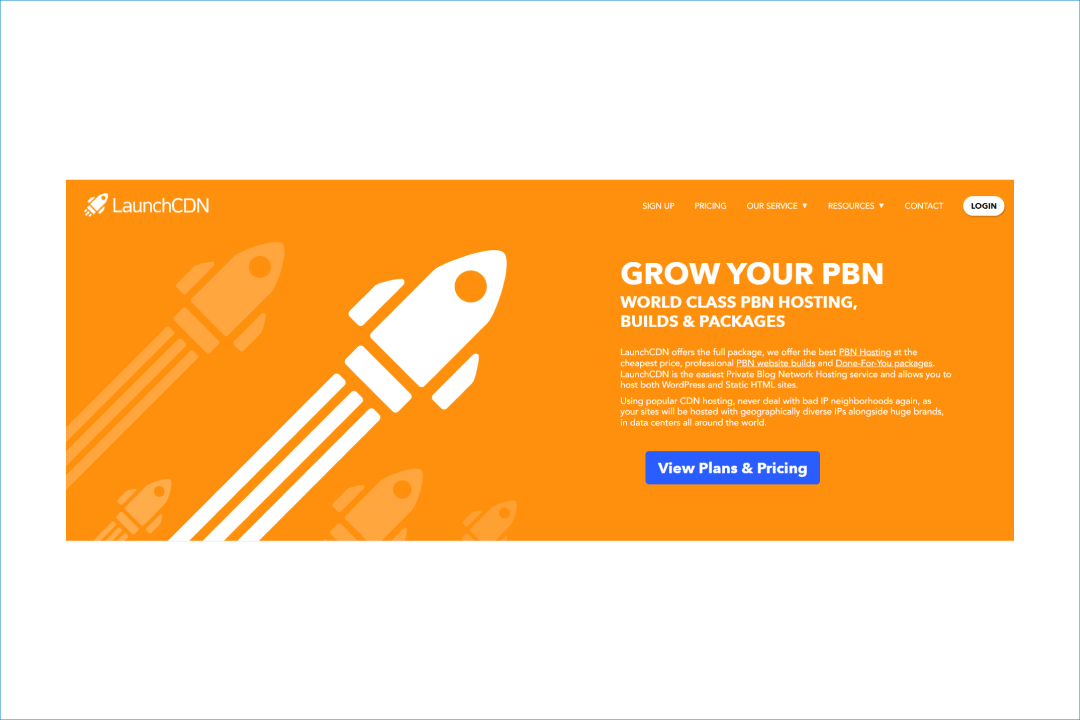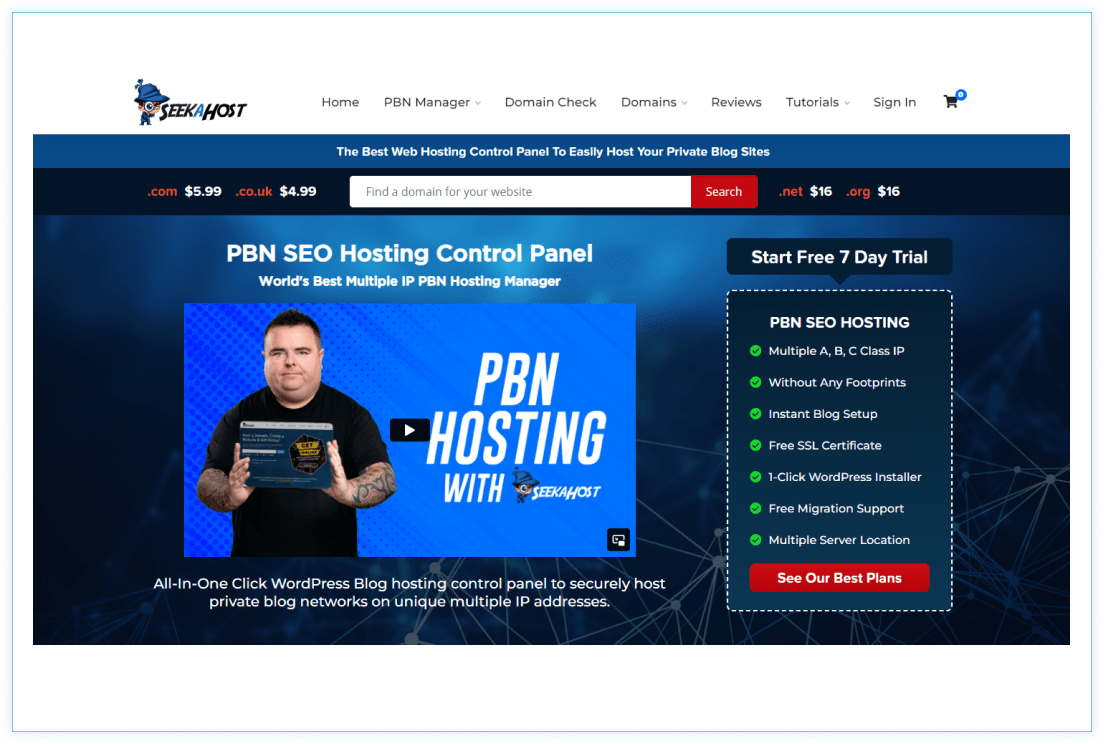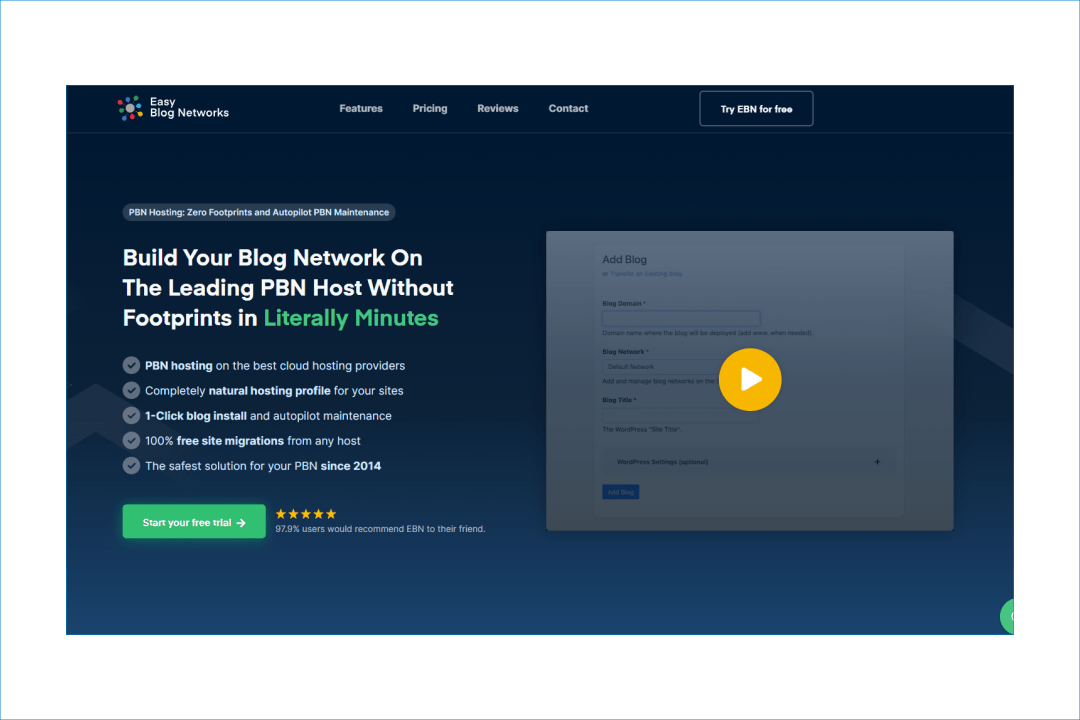
Backlinks are an essential aspect of SEO as they help improve organic ranking, provide faster indexing and referral traffic, and provide a quality signal to search engines.
But how many backlinks should a website have to rank?
While there’s no one-size-fits-all answer, understanding the key factors that influence your website’s ranking is crucial.
From your content quality to keyword competitiveness, each element plays a significant role in determining your website’s position on search engines.
Key Takeaways
- Backlinks are a crucial factor in SEO, improving online visibility and search rankings.
- Quality of backlinks is more important than quantity, with backlinks from reputable and authoritative websites being valuable.
- The number of backlinks needed varies for each website, depending on factors such as industry competition and niche.
- Strategies such as guest blogging, broken link building, PR link building, and editorial outreach can help generate high-quality backlinks.
How do Backlinks Affect Search Rankings?
Backlinks significantly impact your search rankings, acting like votes of confidence to search engines that your website provides valuable and trustworthy content. They are favors from other websites, signaling to search engines that your content is worth promoting to their users.
However, not all backlinks are created equal.
Backlinks from reputable, authoritative websites hold more weight and can boost your rankings more than those from low-quality or irrelevant sites. In fact, spammy or irrelevant backlinks can actually harm your search engine rankings.
Moreover, diversity in your backlink profile can enhance your site’s visibility. Learn more about different types of backlinks here.
How Many Backlinks Does Your Website Need?
The number of backlinks that you need hinges on various factors and varies from website to website.
Here are some factors that influence how many backlinks your website needs:
- Competition: The more competitive your niche, the more backlinks you’ll likely need.
- Website Age: Older, more established websites might require fewer backlinks due to their existing authority.
- Backlink Quality: High-quality backlinks from authoritative websites are more valuable than multiple low-quality ones.
- Content Quality: If your content is high quality, it will naturally attract more backlinks.
- SEO Strategy: Your approach to SEO can greatly influence your backlink needs.
What Does a High-Quality Backlink Look Like?
A high-quality backlink is one that is natural, highly reputable, and highly relevant. Here are some characteristics of a high-quality backlink:
- The backlink is relevant to your website: The backlink should be relevant to the content on your website and add value to your users. If you’re a fitness blogger, for instance, a backlink from a renowned health site will be more beneficial than one from a fashion blog.
- The backlink should come from a high-authority site: If you receive links from well-known and respected websites that Google recognizes, it increases trust in your own site. Also, you can check out Domain Authority (DA) as a metric to find more powerful websites. Websites with higher DA are generally seen as more credible by search engines, and therefore, their backlinks carry more weight.
- The backlink should be natural: High-quality backlinks are obtained naturally, without any manipulation or artificial means. Search engines favor backlinks that are earned because of the quality of your content.
- The backlink should have diversity: Having backlinks from a variety of sources and domains adds to your site’s credibility.
How to Decide Which Pages to Link Building for
Decide which pages on your website could benefit the most by auditing your website to understand which pages are performing well and which ones need a boost. You can use analytics tools like Google Analytics or SEO software like Ahrefs to get a detailed report on your website’s performance.
Keep in mind your goal isn’t to build backlinks to every page. Instead, focus on pages that have high-quality, valuable content that’s relevant to your audience. These could include blog posts, service pages, and product pages.
Also, don’t forget about pages that are already getting some traffic but could rank higher with a few more quality backlinks.
In addition, consider pages that align with your business goals. For instance, if you’re launching a new product or service, building backlinks to the announcement page can help increase visibility.
Similarly, if you have a high-converting page, more backlinks could lead to increased traffic and conversions.
How to Get High-Quality Links
Here are effective strategies to get high-quality links:
Guest blogging
If you’re looking to generate high-quality links, guest blogging on reputable websites aligned with your target audience can be an effective strategy. It allows you to showcase your expertise while earning valuable backlinks from high-authority domains.
Here are five actionable steps to get started with guest blogging:
- Research websites or blogs in your niche that accept guest posts.
- Pitch unique and relevant content ideas to the site administrators.
- Write valuable, engaging content that provides something new for the website’s audience.
- Incorporate relevant backlinks to your website within the post.
- Promote your guest post on your own website and social media channels to maximize its reach.
Broken link building
Another effective method you might want to consider is broken link building. It’s a simple process. You find a broken link on a website, create a similar piece of content, and then offer it to the site owner as a replacement for the broken link. They get a working link, you get a backlink – it’s a win-win.
But remember, it’s not about finding any broken link. You need to find those on sites relevant to your niche. Use tools like Check My Links or Broken Link Checker to find these broken links. Then, reach out politely, offer your high-quality replacement, and reap the benefits of this effective backlink strategy.
PR link building
PR link building involves using public relations tactics to earn backlinks via newsworthy content. PR link building requires strategic planning and execution.
Here are five essential steps:
- Create newsworthy or linkable content: Fresh, unique, and relevant content always attracts attention. Also, statistics, research, infographics, and even some widgets (like loan/insurance calculators) often attract natural links.
- Establish relationships: Network with journalists, bloggers, and influencers in your niche.
- Send press releases: When you have news, share it. Reporters are always looking for stories.
- Leverage social media: Share your news and engage with your audience.
- Monitor results: Keep track of your efforts to understand what works best.
Editorial outreach:
To generate high-quality links, it’s essential to engage in editorial outreach, a strategy that involves building relationships with content creators, editors, and journalists. This process is a proactive way to have your content featured on reputable websites, which can significantly boost your site’s authority.
Start by identifying relevant publications and familiarizing yourself with their content and tone. Then, pitch them an original piece of content or a unique perspective that adds value to their audience. It’s not always easy, but remember, the key is persistence and building genuine relationships.
Don’t be discouraged by rejection; it’s part of the process. With time, you’ll find the right platforms that appreciate and promote your content, leading to valuable backlinks.
Do Links Still Matter? Our Thoughts on Recent Statements from Google
In September 2023, Gary Illyes, an Analyst on Google’s Search Team, stated in an AMA: “I think they are important, but I think people overestimate the importance of links. I don’t agree it’s in the top three. It hasn’t been for some time.”
Despite the comments from Google questioning the importance of backlinks, they’re still a crucial part of your SEO strategy. Don’t let Google’s remarks discourage you.
Let’s address some of the reasons why backlinks still matter:
- Relevance: High-quality backlinks from related sites indicate that your content is important and relevant to your niche.
- Visibility: They increase your site’s visibility in search engine results, leading to more organic traffic.
- Credibility: Backlinks from credible and authoritative sites boost your site’s perceived trustworthiness and credibility.
- SEO Rankings: Despite changes in Google’s algorithm, backlinks remain a significant factor in how your site ranks.
- Referral Traffic: Backlinks direct visitors from other sites to yours, increasing your referral traffic.
Don’t underestimate the power of backlinks. They’re not just about SEO rankings. They’re about establishing your site as a credible, authoritative, and valuable resource.
Conclusion
So, how many backlinks do you need?
There’s no one-size-fits-all answer. It depends on your website’s current status, competition, and goals.
Remember, it’s about quality, not just quantity. Aim for high-quality, relevant backlinks that add value. Despite Google’s mixed messages, links still matter.
But don’t forget other crucial ranking factors like content quality and user experience.
Keep exploring SEO strategies, and you’ll find the right balance for your site.




